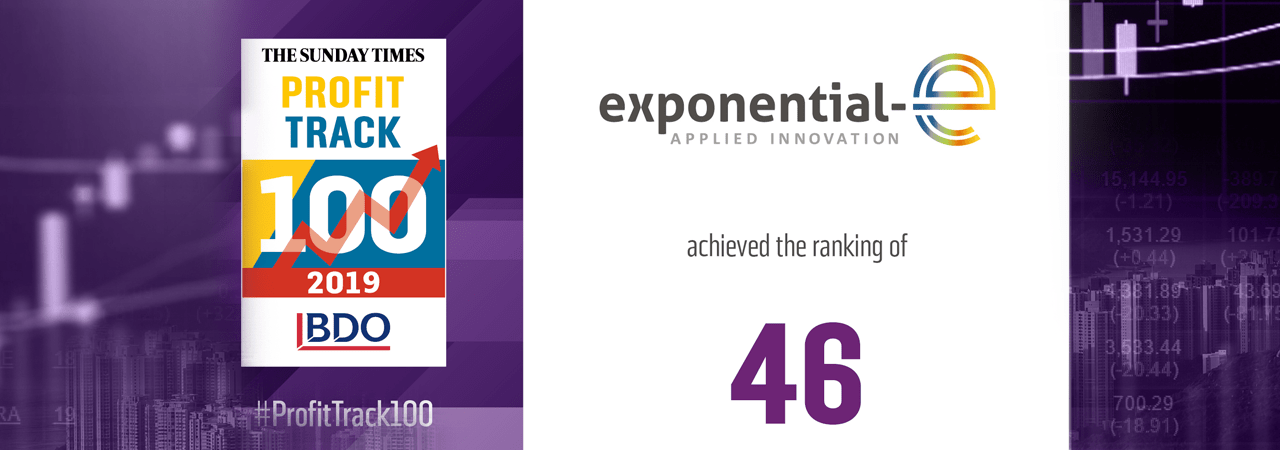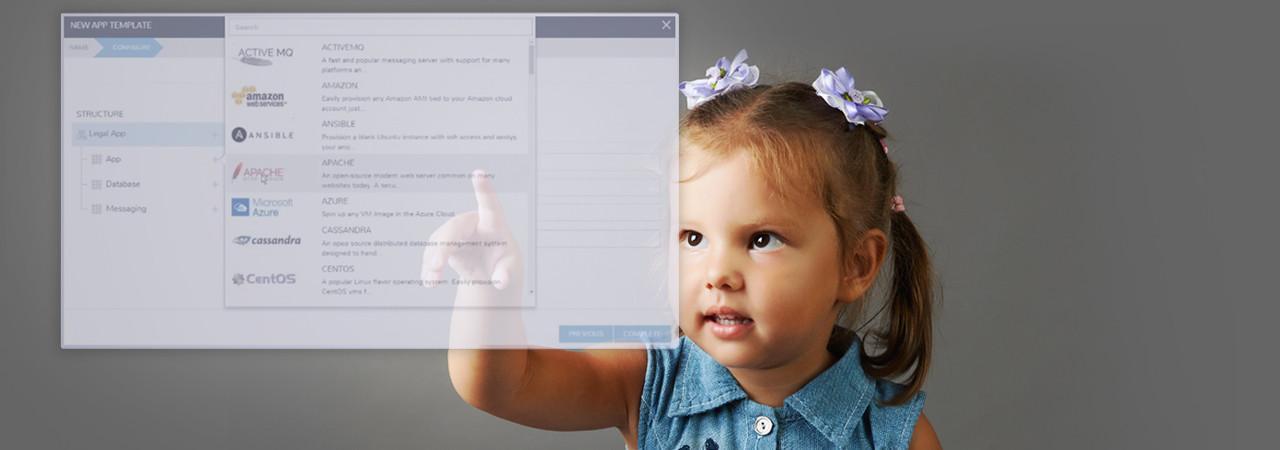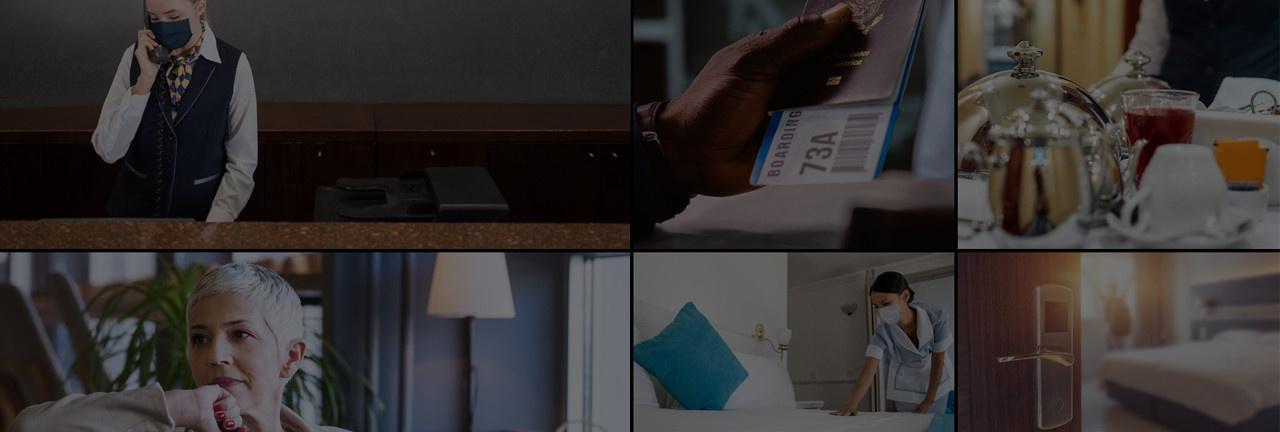In July of 2019, Exponential-e hosted a roundtable at The Ritz London, bringing together 18 top UK architects to discuss topical issues across the sector and sharing views on the matters at hand. One of the topics raised was the newly launched Architects Declare manifesto and its 11-point plan for tackling climate change and biodiversity loss. From 16 founding signatories, word spread like wildfie and within weeks, hundreds of practices - large and small - signed up, signalling that our architects were ready commit to operating in a greener, more sustainable manner.
"Not-for-profit organisations have provided a trusted and valued source of independent advice for people throughout England for many years. They are a vital part of our national support infrastructure and somewhere to turn to in times of crisis."
Nick Hurd, MP
I spoke to a globally recognised thought leader on the role of technology and innovation in the Construction industry. Aarni Heiskanen shares his thoughts and vision with me, which are no doubt helping to shape the construction landscape today and more importantly, the future.
While the improvement of IT management remains a goal for all enterprise IT teams, the true aim for IT departments today should be to simplify IT in order to drive business agility. Unfortunately, simplifying IT isn’t so simple.
Today, innovation in technology is changing the way digital media is consumed more quickly than ever before. Tech-savvy consumers are creating an ever-growing market for data-intensive HD and UHD content, consuming content online, on the move and on-demand.
securityBy 2019, 1 to 2 million roles within cyber security will be unfulfilled. That's a figure that should strike fear into the heart of even the most stoic of business people. The threat of cyberattacks is growing quickly, and there aren't enough skilled people in place to control the wildfire.
This global cyber security skills crisis isn't exactly a new problem, though. Over the last 2 years, 40% of cyber security roles remained unfulfilled, despite an increase in job postings of over 74%. This is a problem, then, that's been smouldering in the background for a long time, and consequently now has the potential to create some serious destruction.
Although there is a growing understanding of how vital cyber security is, organisations still don't necessarily understand exactly how fundamental it is to the success of their companies. Just look at cyber security budgets, which usually account for only 25-30% of an organisation's total IT spend (according to the IDC.)
With the number of attacks only growing, this is clearly not enough money. Every time a company gives an employee a take-home device, they're exposing themselves to a lot more than 25-30% of the total security threats!
Even if there were enough people applying for cyber security roles, the relatively meagre budget allocated to cyber security by most organisations still wouldn't be sufficient to hire all the cyber security professionals they need.
What with the lack of applicants and budget allocation, many companies are now choosing to outsource their cyber security teams. By the time we get to 2020, it's likely that most organisations won't have their own in-house cyber security skills.
For most companies, the best way to plug the cyber security skills gap is to call in organisations that offer an offsite security service. Even better, they can call in an organisation which provides the cyber security element on top of other useful offerings, like network and virtual data centre services (conveniently).
Going this route is making organisations' total IT spend more efficient.
This is because you don't have to invest in the infrastructure. By outsourcing, you can be flexible with the scope of the estate. You are also going to get better quality responses from analysts because they are keen to make sure you want to maintain the service.
These analysts add an extra dimension to the organisation – you don't have to hire them but they're there. To cut a long story short, if and when the big alarm goes off (and something goes wrong), there's always someone there to help fix it. An outsourced security team is probably going to give your organisation a lot more value than the 25-30% you're currently spending on your IT budgets – their expertise will really give you more bang for your buck.
And crucially, you can switch this service on and off as you wish. The job of a Cyber Security Operations Centre (CSOC) is to be there to protect what really matters - when it matters.
Anyone can buy the tools to offer a cybersecurity service. You can buy a firewall quite easily - just pop onto the internet and order one. But the value lies in knowing what the output means – and which next steps to take. Your recently purchased firewall isn't going to do you much good if you don't know what it's telling you. Therefore, most organisations need to bring in expert cyber security monitoring and advisement in order to get the best use out of their technology. And who wouldn't want to do a better job whilst saving money?
When N3 contracts expired in March 2017, NHS Digital was faced with the challenge of replacing it. The idea was to replace a long-term single supplier contract with a marketplace of network options.
The portmanteau "Fintech" has been an increasingly large part of everyday language in recent years. Fintech hasn't just changed our language, it's changed our financial culture. New technologies, like machine learning, artificial intelligence, and predictive behavioural analytics, have the potential to take the guesswork and habit out of financial decisions.
Today we are delighted to announce that Exponential-e has been listed at 46 in The Sunday Times BDO Profit Track 100 - a rise of 43 places following our debut last year at 89. Our inclusion was driven largely by our work in Digital Transformation, offered through our industry-leading SD-DP, the benefits of which have been seen by a diverse range of customers. Another key factor behind our inclusion are the record-breaking numbers we've enjoyed for the financial year ending 31st January 2019. Currently, we are on track for £150m revenue, with no acquisitions or VC funding along our business journey.
The Sunday Times BDO Profit Track 100 league table ranks Britain's top 100 private companies according to which has seen the fastest-growing profits over the last three years. Compiled by Fast Track, it's published as a supplement in The Sunday Times every April, with a national awards event held in June. This prestigious league table is a clear indicator of businesses that have developed and refined their offerings to grow at an economy-leading rate.
There's no doubt that the past year has been the best yet for Exponential-e, with our industry-leading SD-DP solving Digital Transformation concerns all over the UK and beyond. The SD-DP integrates core and edge computing, bonded with SD-WAN and SD-Data Centre, to form an underlying advanced network that enables data to flow freely yet securely between multiple clouds, from wherever it's stored through to the end user.
For those using the SD-DP, further improvements come from the Cyber Security Operations Centre (CSOC), launched last year, which monitors for compliance to multiple standards. The most recent technological development for the SD-DP is our Cloud Management Platform (CMP), which enables customers to manage their data and costs of multiple cloud environments through a 'single-pane-of-glass' view.
But what makes this so important right now? To start with, countless organisations in a range of sectors are currently seeking access to more bandwidth-hungry services. Compounding this are a range of new technologies demanding ever-increasing computing power, such as virtual reality, augmented reality, and mixed reality (VR / AR / MR). The SD-DP offers customers fundamental access to real-time cloud performance and cost data, resulting in unprecedented levels of customer satisfaction - a pivotal driver of our place on The Sunday Times BDO Profit Track 100.
At Exponential-e, we always put the customer first, an ethos reflected partly in our real-time NPS score. As such, we've been excited to announce new partnerships over the past year with a wide variety of industry-leading customers, including Virgin Atlantic, The Ritz, Guinness World Records, WWF, and the British Medical Association. We also laid the connectivity foundations for major companies in the US to broadcast the royal wedding when all our competitors said it would be unfeasible.
To be counted amongst the top 100 companies across the UK paving the way in terms of profit growth is testament to the services we provide and how our company's culture consistently looks forward.Connectivity is crucial for companies nationwide; at Exponential-e, we take pride not only in our technology but also in our expert consultancy. We strive to be visionary, constantly evolving and innovating in order to deliver the very best experience to our customers; we're therefore very much looking forward to celebrating our success in achieving these aims with The Sunday Times in June.
In recent years, Cloud has become popular with organisations due to its simplicity, accessibility and relatively low-cost. Using Cloud, you can avoid many of the difficulties and expenditures that come with operating your own infrastructure, and - because it's easily accessible from anywhere - Cloud can give your users much more flexibility than on-prem legacy infrastructure.
Throughout the past few months, we have seen organisations' internal teams forced to adapt their processes, infrastructure and strategies in ways that would previously have been inconceivable. Key to the success of this process has been the support of external service providers, who have complemented companies' internal expertise and freed IT teams to focus their attention where it is most needed. As it becomes clear that the distributed workforce is here to stay, such partnerships are going to be more important than ever moving forward.
We see over and over again how COVID-19 is transforming the way we work and connect with each other. Employees across virtually every industry are now working effectively from home, even if such an arrangement would have been unthinkable at the start of this year. It's been extremely heartening to see the range of innovations that have been embraced in response to the crisis, but it's important not to forget the foundations of your IT infrastructure as you explore these solutions. For example, consider how you are backing up and storing the lifeblood of your organisation: your data.
With research from the IDC estimating that 80% of the data created by 2025 will be unstructured [1], businesses need to ensure they have an affordable storage solution for such high volumes of data. A simple, cost-effective solution that businesses can utilise to this effect is Cloud Object Storage, which stores petabytes of data in the Cloud as 'objects'.
Technology in the Hospitality Industry - Maintaining the Human Touch in the Age of Social Distancing
2020 has proven a challenging time for the global hospitality sector. As with virtually every industry impacted by COVID-19, the sector has been forced to completely re-evaluate the way it delivers its services, in order to comply with government regulations and - most importantly - guarantee the continued safety of both guests and staff.
Any organisation delivering professional services of any sort - from architecture and accountancy to engineering or recruitment - relies on its IT infrastructure to maximise employee performance, engage with customers, and deliver exceptional services and solutions. There are a number of challenges here.
Compliance requirements, particularly around how customer data is handled, are becoming increasingly complex, which means infrastructure must be designed from the ground up with compliance in mind. Furthermore, the transition to a distributed workforce has forced many organisations to rapidly adopt new tools for communication and collaboration, between both employees and customers.
Exponential-e understands these challenges, and works closely with companies around the UK to deliver innovative solutions that allow them to focus on their services, solutions and customers rather than their IT.
The healthcare sector generates higher volumes of patient data on a daily basis than ever before - all of which conceals a rich vein of opportunities to optimise efficiency and enhance patient care. The demand for more efficient diagnosis and more effective management of data has naturally led to the rise of digital pathology and - in turn - the Picture Archiving and Communication Systems (PACS) that underpin these initiatives.



















